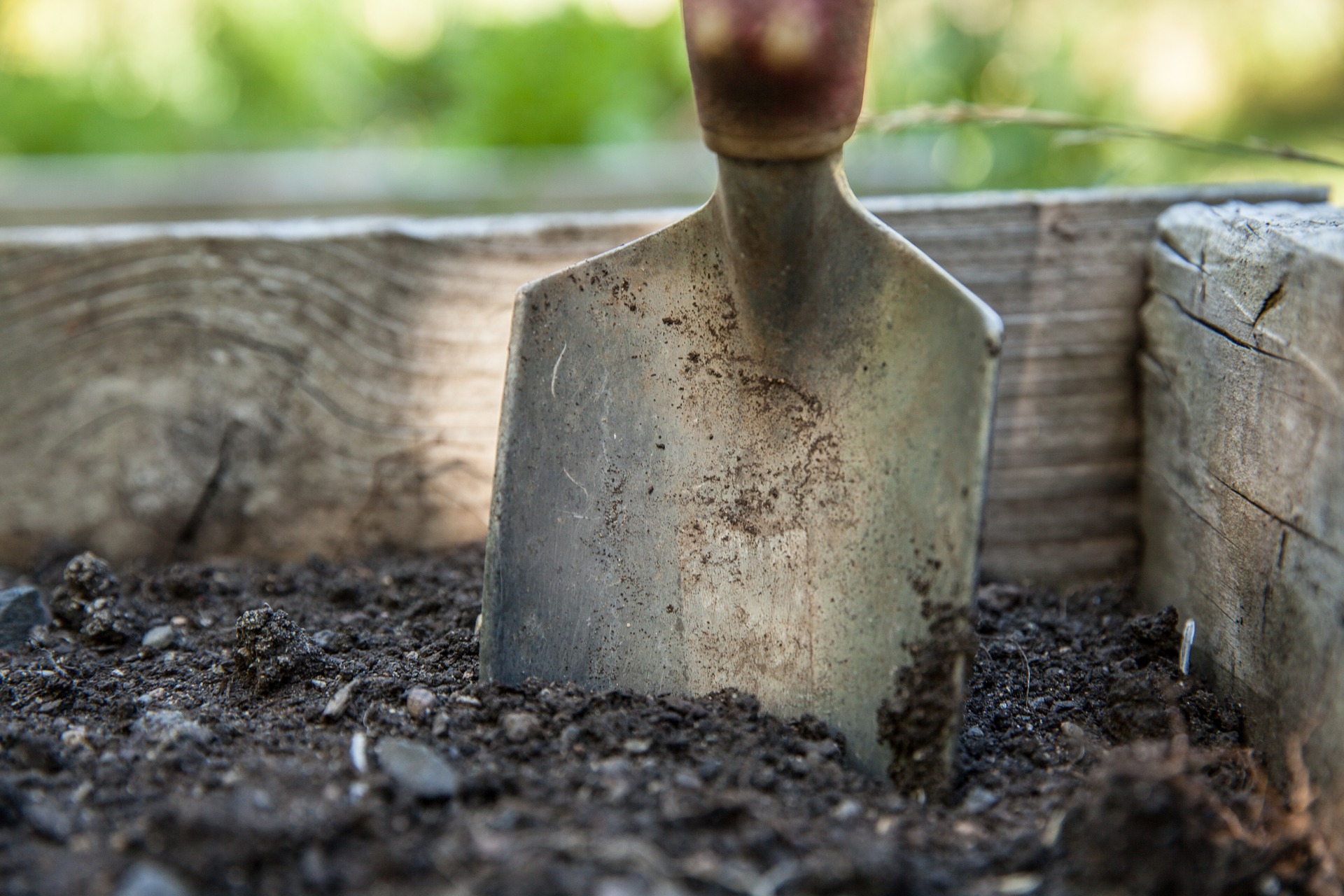In the UK it is widely acknowledged that when you start work you should start contributing to a pension. Most people know that saving for retirement is important; but so are many other life events, why do we view the pension separately to other savings?
When we lived in a world of defined benefit (DB) pension schemes, retirement savings had to be viewed separately. A DB income was based on the number of years you worked for and the salary you earned – this wasn’t a typical savings account. For individuals it meant you didn’t have to worry about retirement, you knew what you would be getting out of it. For organisations DB schemes carried huge costs; they were taking a gamble on how long you would live for, the investment returns and many other factors – the DB scheme has largely disappeared.
Moving to defined contribution
What most of us have now is a defined contribution (DC) pension scheme. This can either be a workplace pension organised by your employer or a private pension that you have set-up yourself with a provider similar to a company like MoneyFarm. You usually get tax relief on the money you pay into a pension and with most schemes you would receive 25% of your pension pot as a tax free lump sum (this might all change after the Budget on 16 March 2016).
DC schemes were modelled on DB schemes but what is apparent is that a DC scheme isn’t all that different from your average savings account, bar a few fantastic tax benefits. But when you are in your twenties and thirties, trying to save for that first home, locking your money away for 50 years doesn’t seem that appealing. This becomes even less appealing when you are self employed and you could need capital at any moment to help grow your business.
Why contribute to a pension?
When most of us imagine retirement it probably includes tending to a garden, going on holiday and spoiling children. But what we are currently facing is a 2035 tipping point1. TISA predicts that 2035 will be the first year where the retiring British public will be worse off than their parents. If you had £100,000 in your pension pot you might think this is a great achievement; but a pension pot that size would give a 60-year-old an annual income of £5,1312; the state pension stands at around £6,000 a year so you would be living off £11,131. With less than £1,000 a month those holidays you planned might be a little out of reach.*
Alongside this there are a huge number of benefits to building a pension. Tax relief is a huge part of this, depending on the level tax you pay you will get tax relief on the money you pay into your pension (which will be added to your pot) and most investment gains are tax free. If you are in employment, auto-enrolment now means that your employer has to pay in to your pension pot if you do; that is not dissimilar from getting paid more.
With the tax system as it currently stands the UK still needs to view their pension separately from other savings. You might see that house as part of your retirement savings so consider contributing less to a pensions account and more to a savings account. That will impact your tax benefits. Take advantage of the ISA allowance and make sure you have a plan to down-size in later life so you can live off the income from your house.
Making sure you plan for retirement in the best way for you and your family can be difficult. If you need any help, talk to an independent financial adviser and be sure to read our pension guide.
* The new state pension increases each year by either UK wage growth, inflation, or 2.5%, whichever is higher.
1 TISA, 2014
2 Scottish Widows, 2015





